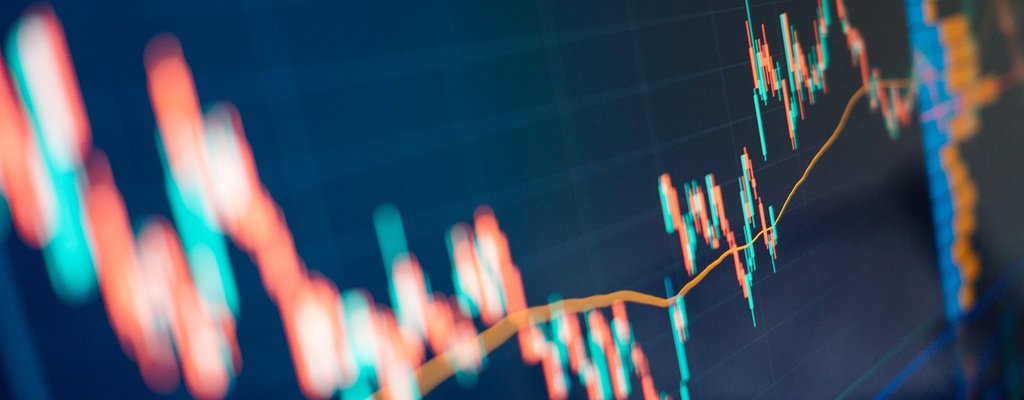What is market liquidity?
Think about your possessions for a minute. What is the most liquid asset that you own? The answer is that it’s the asset that you can most easily convert into cash at a fair asking price. The same idea can be applied to liquidity in the markets. Assets with the most liquidity are those that are easily convertible into cash without their market price being affected. Liquidity is effectively a measure of how quickly an asset can be sold at a fair and stable price, with highly liquid conditions being present whenever trades occur at high volumes and with no shortage of buyers or sellers. The most liquid asset of all is cash itself, as reflected by the speed and volume at which forex trading takes place.
Why is it important?
Market liquidity is tremendously important because it affects how you open and close positions. This, in turn, impacts your risk. If you’re operating in a highly liquid market, it means you’re trading in assets that are in demand, so you shouldn’t struggle to find someone to take the other side of your position during normal market conditions, whether it’s long or short. What’s more, the bid-offer spread in a liquid market is typically tighter: If you’re selling, that can mean a smaller discount to your price and if you’re buying, a lower premium. The lower the liquidity of a given market, the higher the liquidity risk associated with trading in it. When trading with OANDA, it’s possible to manage liquidity risk by using - stops, which is a type of stop-loss order to close your position at a previously determined price level. But remember, stop orders are not guaranteed to be executed, so do keep an eye on your trades.
Which markets offer the most liquidity?
If you’re looking to minimize your liquidity risk as much as possible, consider operating in historically highly-liquid markets such as forex, stocks and commodities. In forex trading, the massive liquidity of major currency pairs such as EUR/USD, GBP/USD, USD/JPY and USD/CHF allows them to be traded at practically any time during market hours and at very low spreads, making them among the most popularly traded currency pairs in the world.
Stocks in companies with a capitalization of $10 billion or more, commonly referred to as large-cap stocks, are highly liquid. Their liquidity tends to attract a higher volume of traders.
Certain frequently traded commodities such as crude oil and gold also have a significantly high degree of liquidity.
Which markets offer the least liquidity?
Some markets carry a higher level of liquidity risk. In forex trading, the lowest levels of liquidity are typically associated with so-called exotic currency pairs. This is a currency pair that contains a currency tied to an emerging or developing market. Examples of such currencies include the Turkish lira, the Mexican peso and the Thai baht. Being less popular with traders, exotic pairs tend to attract fewer market participants. It’s, therefore, more difficult to agree on a fair market price, which can lead to greater price fluctuations.
In stock trading, less frequently traded small-cap stocks (companies with a market cap ranging from $300 million to $2 billion) are commonly considered to carry lower liquidity and higher risk. That’s because they aren’t traded as frequently as large-cap stocks. The volatility created by the sudden demand for small-cap stocks can have a huge influence on the market.
An asset class that’s considered highly illiquid is property, purely because it takes so long to dispose of and acquire. This brings into light the importance of liquidity versus market cap. No matter how much an asset is worth on paper, you need a buyer to realize the value. Sometimes market forces compel property sellers to accept prices far below their comfort level.
Take advantage of key liquid markets with OANDA
Interested in buying and selling major currencies? Apply for a demo account at OANDA to determine whether trading forex online is the right choice for you. The OANDA Trade platform contains a suite of trading tools to personalize layouts and powerful charting features, accompanied by expert trader analysis and up-to-the-minute market news.
Disclaimer
This article is for general information purposes only. It is not investment advice or a solution to buy or sell instruments. Opinions are the authors; not necessarily that of OANDA Corporation or any of its affiliates, subsidiaries, officers or directors. Leveraged trading is high risk. Losses can exceed deposits.


